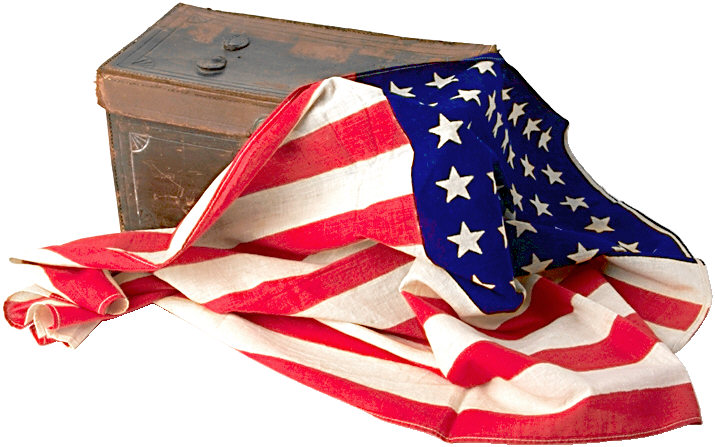Client Service Area
Patricia Abell’s Law Office is located in Louisville, Jefferson County, Kentucky. My office serves bankruptcy clients living in the Kentucky counties of Breckinridge, Bullitt, Hardin, Jefferson, Larue, Marion, Meade, Nelson, Oldham, Spencer and Washington,
This includes the cities of Cloverport, Hardinsburg, Irvington, Fox Chase, Hebron Estates, Hillview, Lebanon Junction, Mount Washington, Pioneer Village, Shepherdsville, Elizabethtown, Radcliff, Sonora, Upton, Vine Grove, West Point, Anchorage, Audubon Park, Buechel, Goose Creek, Hurstbourne, Jeffersontown, Okolona, Prospect, Hodgenville, Bradfordsville, Lebanon, Loretto, Raywick , Brandenburg, Ekron, Muldraugh, Bardstown, Bloomfield, Fairfield , New Haven, Crestwood, Goshen, Lagrange, Pewee Valley, Taylorsville, Elk Creek, Mount Eden, Springfield.
